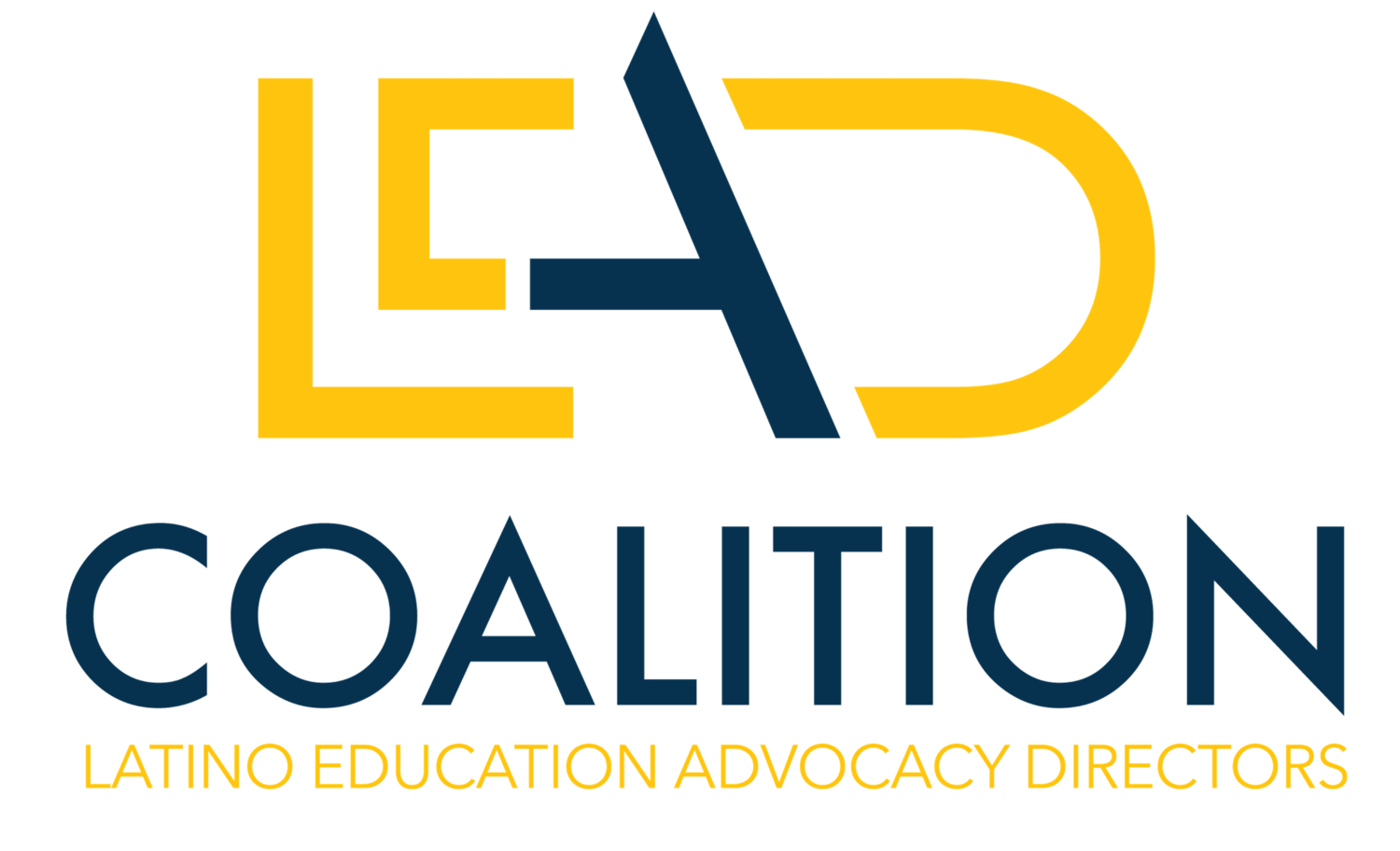NYC offers programs for children bellow the age of four. Learn more about early childhood education in New York City here.
New York City guarantees universal Pre-K for all its children over the age of four. Learn more about universal Pre-K here.
This phase of a child’s education begins with admission to kindergarten and lasts all the way until fifth grade.
G&T (Gifted and Talented) programs are available around New York City and offer specialized instruction for a child’s area of prominence.
Learn more about how to apply for G&T programs here.
When a child is in the last year of Elementary School, it’s time to apply for Middle School.
To better understand how the application and placement process unfolds, watch this NYC Department of Education video here.
New York City students can also choose a high school outside of their zoned area. This allows students to apply to specialized programs of interest.
Learn more about the high school application process here.
Important School Dates
September
Sept 5: First Day of School For All Students
(Partial School Day For Pre-Kindergarten Public School Students)
Sept 12: Parent Teacher Conferences for Elementary Schools and K–8 Schools (Evening)
Sept 19: Parent Teacher Conferences for Middle Schools (Evening)
Sept 26: Parent Teacher Conferences for High Schools, K–12, and 6–12 Schools (Evening)
October
Sept 30-Oct 1: Rosh Hashanah (Schools closed)
Oct 9: Yom Kippur (Schools closed)
Oct 14: Columbus Day (Schools closed)
November
Nov 5: Election Day/Chancellor’s Conference Day for Staff Development (Students do not attend school)
Nov 6–7: Parent Teacher Conferences for Middle Schools and District 75 Programs (Evening and Afternoon)
Nov 11: Veterans Day Observed (Schools closed)
Nov 13–14: Parent Teacher Conferences for Elementary Schools and K–8 Schools (Evening and Afternoon)
Nov 21–22: Parent Teacher Conferences for High Schools, K–12, and 6–12 Schools (Evening and Afternoon)
Nov 28–29: Thanksgiving Recess (Schools closed)
December
Dec 24–Jan 1: Winter Recess (Schools closed)
College Checklist
HELP YOUR CHILD NAVIGATE THE COLLEGE APPLICATION PROCESS.
Your child has the right to receive free public education in the school district where you live, regardless of your or your children’s immigration status and the language that you or your children speak.
If your are a parent of a multilingual learner or a student with a disability, please visit our parental rights page here.
The DOE’s Translation and Interpretation Unit offers free translation services, connects schools with over-the-phone interpretation services, and spearheads NYC DOE system-wide language access efforts.
Families who would like to receive translation and interpretation services should speak with their school's principal or parent coordinator.
There are many ways to get involved in your child’s education. Asking your child’s teacher how you can participate, attending Parent-Teacher conferences and scheduling one-on-one sessions to discuss your child’s development are just a few examples of what you can do to support your child’s academic achievement.
Learn more about tools to support your child here.














